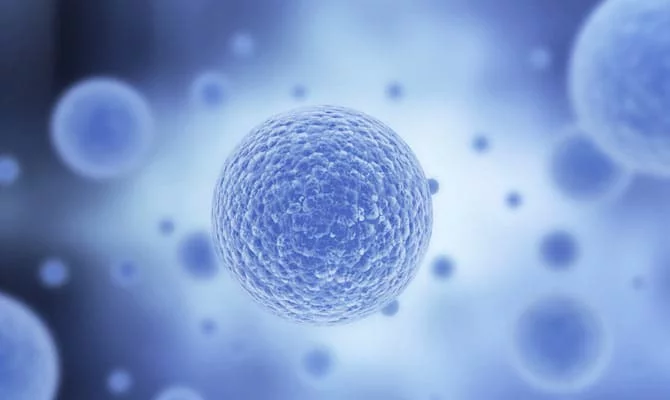
Zygotes are single cell that is generated after the egg has been fertilized by the sperm. The zygote then merges chromosomes from both of the gametes. After which, several divisions will take place for the production of embryonic cells at roughly four days after fertilization. The zygote stage lasts for only about 4 days in total. On and around the 5th day, the cell mass of become known as blastocysts.
The zygote serves as the starting point for all complex life forms with sexual reproduction. It is formed when a sperm cell from the male fuses with an egg cell from the female during the process of fertilization. This single cell is the genesis of every cell in an organism, making it a focal point of interest in both developmental biology and regenerative medicine.
The zygote is the cornerstone of developmental biology and has significant implications in various fields like regenerative medicine, fertility treatments, and genetic research. Understanding its characteristics, role in development, and potential applications can offer valuable insights into both the origins of life and the treatment of various medical conditions.
If you've seen people take ice baths or cold showers and wondered if they're onto… Read More
Immunomodulation stands at the forefront of biomedical research, steering the immune system's ability to fight… Read More
Stem cell research leads the charge in medical innovation, heralding revolutionary advances in regenerative medicine.… Read More
The blood-brain barrier (BBB) is a crucial shield for the brain, regulating the entry of… Read More
While peptide bonds are fundamental to protein structure, their direct relationship with stem cells lies… Read More
When discussing cutting-edge cancer treatments, NK cell therapy stands out due to its unique approach… Read More